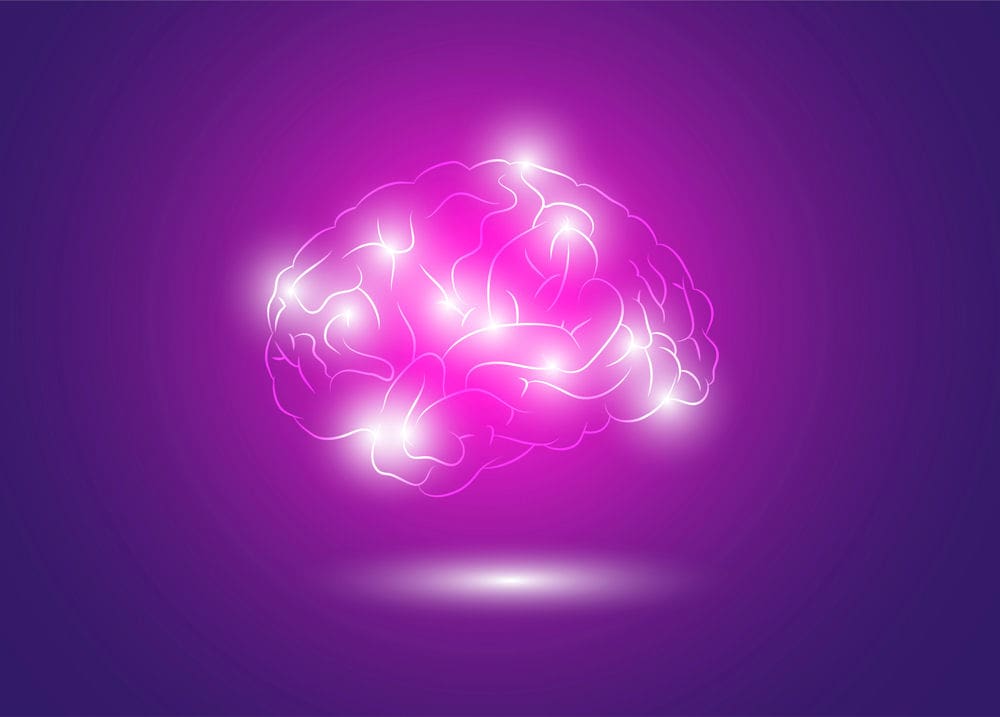Stimulant Addiction Treatment in Maryland
If you or a loved one struggles with stimulant addiction, help is available through our detox program and other types of stimulant addiction treatment in Gaithersburg, Maryland. Our substance use disorder treatment facility is here to help you.
What Are Stimulants?
Stimulants are a class of drug that enhances brain activity. By increasing levels of dopamine, norepinephrine, and serotonin, stimulants increase the activity of the central nervous system (CNS). The CNS includes the spinal cord and the brain which controls the function of other systems in the body.
Illegal and prescription stimulants make your heart beat fast, increasing your blood pressure and breathing. Some drugs in this class can suppress your appetite too. Because they enhance brain activity and increase levels of certain chemicals, stimulants can increase energy, alertness, and attention.
These effects can be overstimulating and result in anxiety, nausea, tremors, and even death. Some stimulant drugs are legal like caffeine and prescription drugs, but there are also illegal stimulant drugs.
Types of Stimulant Drugs
Here are common illegal and prescription stimulants:
- Nicotine
- Caffeine
- Cocaine (crack)
- Methamphetamine
- Methylphenidate (Ritalin, Concerta)
- Modafinil
- Ephedrine
- Ecstasy (MDMA)
- Diet pills
- Adderall
- Synthetic cathinone (bath salts)
Signs and Symptoms of a Stimulant Addiction
When it comes to identifying stimulant abuse, it is important to know what the symptoms and signs of stimulant addiction might include. A person who is struggling with stimulant abuse may exhibit some cognitive, physical, and behavioral signs. Some of the signs that a person has a stimulant abuse problem may include the following:
- Hair loss
- Weight loss
- Skin problems
- Excessive sweating
- Jitteriness or twitching
- Enhanced sensory awareness
- Hallucinations and delusions
- Abnormally excessive energy levels
- Changes in appetite (typically a decrease)
- Deceptive behavior (i.e. lying, stealing, etc.)
- Unnaturally increased confidence
- Racing thoughts
- Poor judgment
- Dilated pupils
- Paranoia
Also, a person may begin “doctor shopping” to receive more prescription stimulants. They might also illegally acquire stimulant drugs. Other physical effects of stimulant abuse might include high blood pressure and rapid heartbeat. These signs indicate that a person may need treatment for stimulant abuse.
How Do Stimulants Impact the Brain and Body?
Psychological
The psychological effects that stimulants have are on your mood and attention capabilities. They increase your focus and may help concentrate on tasks and give them your full attention. This is why people need their coffee in the morning. Stimulant drugs also can increase dopamine levels and produce a sense of euphoria. Often people feel more confident and energetic after using a stimulant.
However, prolonged use of this type of substance can create a chemical imbalance in the brain. Stimulants cause the production of too much dopamine and norepinephrine which has adverse effects on your mood and energy. Overactivated norepinephrine can lead to anxiety which can escalate to become an anxiety disorder.
A chemical imbalance in your brain can reduce grey matter in the prefrontal cortex which is responsible for decision-making. Damaging this cortex inhibits high-level cognitive functioning and can lead to poor decision-making and memory problems. When you have a stimulant addiction you’re more likely to be impulsive as well because of these effects on the brain.
Physical
For example, arteries, which carry blood and oxygen through the body, become stiff. This may cause more serious health problems such as an aneurysm or stroke. Stimulants can impact other organs such as your kidneys, which process anything you put into your body and filters out any toxin. Some stimulants cause your body to retain urine which is one way that kidneys can rid the body of toxins. This floods your kidneys with toxins and may cause them to shut down leading to kidney failure.
Social
People may be attracted to stimulants because they can enhance your sociability and make you feel more confident. This may facilitate relationships and help connect with others but it can also lead to impulsivity. In social situations, this behavior can be dangerous for yourself and others.
Stimulant Addiction Treatment
Each person suffering from an addiction will receive treatment tailored to their specific needs and circumstance. Stimulant abuse rehab is no different. If you have an addiction to illegal stimulants or even prescription stimulants, there are many addiction treatment programs available to help. This allows you to choose the best course of action for you or your loved one.
Medical Detox
Residential/Inpatient Treatment
Outpatient Treatment
Intensive Outpatient Program (IOP)
Partial Hospitalization Program (PHP)
Substance Abuse and Mental Health Therapy
Dialectical Behavior Therapy: This is a type of CBT that focuses on the psychosocial aspect of treating a condition. Dialectical behavior therapy uses mindfulness strategies such as meditation to help change negative behaviors that contribute to an addiction problem.
Family Therapy: Family counseling is an important part of stimulant misuse rehab that involves parents, siblings, and children in your therapy session. Family therapy provides education on addiction and teaches coping techniques to everyone. This is a valuable tool in rebuilding relationships that may deteriorate due to addiction.
What Are Stimulants?
Stimulants are a class of drug that enhances brain activity. By increasing levels of dopamine, norepinephrine, and serotonin, stimulants increase the activity of the central nervous system (CNS). The CNS includes the spinal cord and the brain which controls the function of other systems in the body.
Illegal and prescription stimulants make your heart beat fast, increasing your blood pressure and breathing. Some drugs in this class can suppress your appetite too. Because they enhance brain activity and increase levels of certain chemicals, stimulants can increase energy, alertness, and attention.
These effects can be overstimulating and result in anxiety, nausea, tremors, and even death. Some stimulant drugs are legal like caffeine and prescription drugs, but there are also illegal stimulant drugs.
We offer psychiatric help, group activities, and holistic treatment so that you will have options on how to best treat your condition. Overcoming your addiction and returning to sobriety will improve your life in many ways and you’ll start to see positive change after coming to us for treatment.
Contact us today to learn more about how our treatment program for stimulant use disorders can help you recover. We can discuss all your questions and concerns about stimulant addiction and recovery, giving you the confidence that this is your best option for treatment.
Break Free From Addiction
This is why individualized care is so important to us. Now is the time to break free from your addiction to prescription stimulants. You can contact us today to learn more about our substance abuse and mental health treatment options.






























